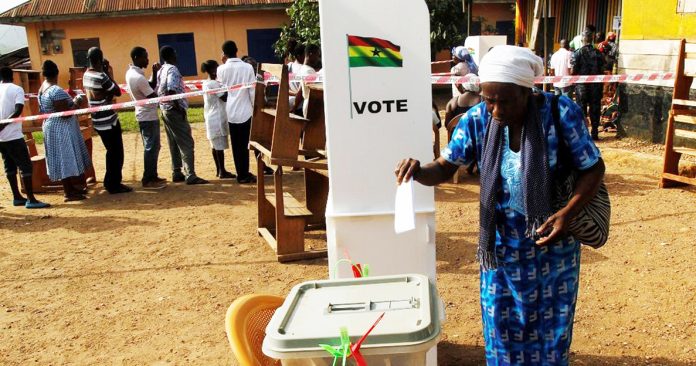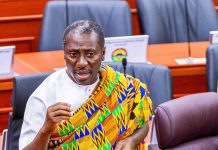Come December 7, 2024, Ghanaian voters would have spent about one billion Ghana cedis in the 2024 election cycle.
The polls, conducted by Data Insight Group of JOB Group Limited and Chartered Media Consult, revealed that this was primarily due to traveling cost of about 17.0 per cent or the 2.9 million voters, who would be criss-crossing the country to vote for a candidate of choice at election day voting centers.
It said with high unemployment rate hovering around 24 per cent, which was causing increasing political dissatisfaction, and more than one person in every 10 voters, with 50 per cent being female, would also probably not vote or certainly not participate in the election.
Additionally, with about 15 per cent of voters remaining as students, the effect on conventional turnout and the consequences of economic hardship among this segment would impede voting participation.
Mr Osei Boakye, Managing Partner of Chartered Media Consult said, “This is indeed a major concern since turnout rate will potentially result in significant decline among younger voters who are financially the weakest link.”
He said more than one in every ten voters firmly would not vote or probably would not vote.
“And although it may come with a long-term high cost, stakeholders for subsequent elections should consider voting reforms that will mitigate an increasing electoral apathy,” he said.
He said an alternative was basically simplifying political election processes and making it more inclusive, especially among more vulnerable populations.
“It is interesting, exploring to what extent voting costs are driving voter turnout,” he added.
Technically, participating in voting is a right and a way to shape the future of the country.
Overall, only about 34 per cent of voters understand that participation is a civic responsibility and about 5 per cent of all these respondents probably would not vote while the other 4 per cent remain undecided.
He said from now till December was an opportunity for strategic planning for voting stakeholders, campaign managers and other party officials to go after such voters.
At the same time, over 19 per cent of voters also understand that participating in the voting offers an opportunity to express issues important to them or belief in their vote’s impact.
By Morkporkpor Anku
GNA









